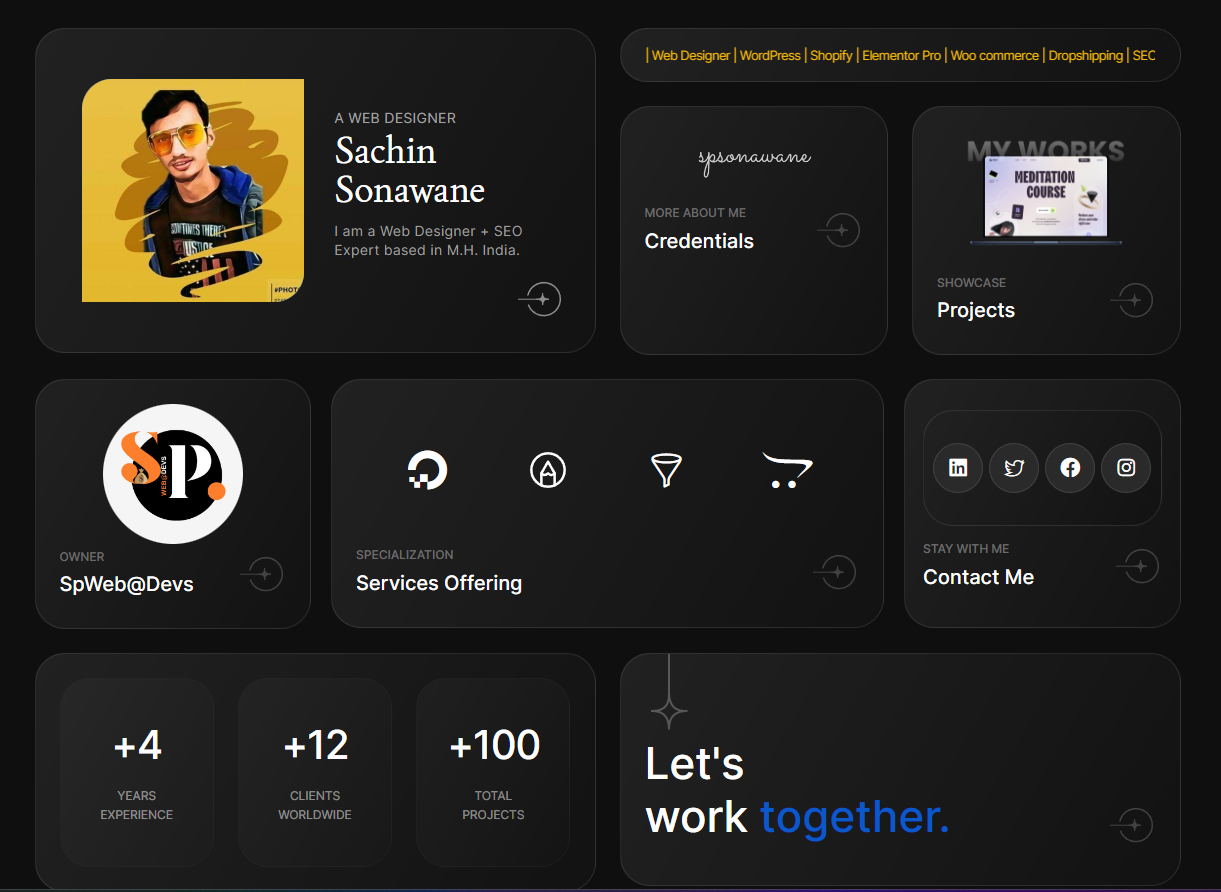- Home
- Technology
- Understanding the Importance o ...
Discover the significance of user experience (UX) in web design and how it can impact your online success. Learn from experts about creating websites that captivate and engage users.
Introduction
In the ever-evolving digital landscape, crafting a website that not only attracts but also retains users is paramount. Welcome to our exploration of the “Understanding the Importance of User Experience (UX) in Web Design.” As an expert in the field, we will delve into the nitty-gritty of UX and how it can redefine the success of your online presence.

A Glimpse of UX
UX is the heart and soul of web design. It stands for User Experience, and it’s all about making sure your website visitors have an exceptional time when they land on your site. A great UX can result in higher customer satisfaction, better conversion rates, and a more powerful online brand.
The Fundamentals of UX
To grasp the essence of UX, we must first understand the fundamental elements that shape it:
1. Navigation
Effective navigation is crucial. Users should easily find what they’re looking for. A well-structured menu and clear calls to action can make a world of difference.
2. Responsiveness
Your website must adapt to different devices and screen sizes. This ensures users have a seamless experience, whether they’re on a desktop or a smartphone.
3. Speed
No one likes a slow-loading website. Speed is a vital factor in UX. Compress images, optimize code, and choose a reliable hosting service.
4. Visual Appeal
The design of your website should be visually pleasing. Colors, fonts, and images should all be in harmony and reflect your brand identity.
5. Content Quality
Content is king. Relevant, engaging, and well-structured content keeps users on your site. It’s not just about text but also multimedia elements like videos and images.
Enhancing User Experience
How can you enhance the UX of your website? Let’s explore some tips and tricks:
6. Mobile Optimization
Given the surge in mobile users, ensuring your website is mobile-friendly is a must. Mobile optimization improves your site’s accessibility and functionality on smartphones and tablets.
7. Clear Call to Action (CTA)
A compelling CTA can guide users toward desired actions, such as signing up for a newsletter, making a purchase, or contacting you. Make your CTAs stand out.
8. Accessibility
Don’t forget about users with disabilities. An accessible website is not only the right thing to do but can also expand your user base.
9. User Testing
Testing your website with actual users can unveil issues you might not notice. Their feedback is invaluable for improvements.
The Impact of Good UX
Understanding the importance of UX goes beyond creating a user-friendly website. It can directly impact your business:
10. Improved SEO
Search engines like Google consider UX factors when ranking websites. A well-designed site can boost your search engine rankings.
11. Customer Loyalty
Users are more likely to return to a site that provides a pleasant experience. This builds customer loyalty, leading to repeated business.
12. Lower Bounce Rates
A good UX can lower bounce rates, meaning users stay longer on your site, increasing the chances of conversion.
13. Competitive Advantage
In a crowded online marketplace, a great UX sets you apart from the competition.
14. Brand Reputation
Positive user experiences lead to a strong brand reputation. Happy customers are more likely to recommend your site to others.
FAQs
What is User Experience (UX)?
User Experience (UX) refers to the overall experience a person has while interacting with a website or application. It encompasses usability, accessibility, and satisfaction with the product.
Why is UX Important in Web Design?
UX is important because it directly affects how users perceive and interact with your website. A positive user experience can lead to increased engagement, customer satisfaction, and business success.
How Can I Improve the Mobile User Experience on My Website?
To improve the mobile user experience, ensure your website is responsive, optimize images and content for mobile devices, and prioritize mobile-friendly design elements.
What Role Does Page Speed Play in User Experience?
Page speed is critical for user experience. Slow-loading pages frustrate users and can lead to high bounce rates. Optimizing page speed through techniques like image compression and code optimization is essential.
Is Accessibility Important for All Websites?
Yes, accessibility is important for all websites. Ensuring that your website is accessible to individuals with disabilities not only serves a broader audience but is also often legally required.
How Can I Test the User Experience of My Website?
You can test the user experience of your website by conducting usability testing with real users, analyzing user behavior using tools like Google Analytics, and seeking feedback from your audience.
Conclusion
Understanding the importance of User Experience (UX) in web design is pivotal for online success. A well-crafted website that prioritizes user satisfaction, accessibility, and engagement will not only rank higher in search engines but also build a loyal customer base. By implementing the principles of UX, your website can stand out in the digital crowd and leave a lasting, positive impression on every visitor.
















